Table of Contents
UGC NET Law is a national-level eligibility test conducted by the National Testing Agency (NTA) on behalf of the University Grants Commission (UGC) in India. The exam is conducted to determine the eligibility of candidates for the position of Assistant Professor and Junior Research Fellowship (JRF) in the field of Law. For candidates appearing for the UGC NET Law exam, this article presents the syllabus in both Hindi and English. It covers essential topics and sections that can aid candidates in preparing better and achieving improved results. Let’s delve into the UGC NET Law Syllabus in detail.
UGC NET Law Exam Pattern
UGC NET Law exam pattern will consist of 2 papers to be completed in 3 hr. Here follow the below table to learn the details about the UGC NET 2025 Law Syllabus.
| UGC NET Law Exam pattern | |
| Exam Name | UGC NET |
| Type of Questions | Multiple Choice Questions (MCQs) |
| Number of Papers |
|
| Total Marks | Paper 1 – 100,Paper 2- 200 |
| Number of Questions | Paper 1 – 50,Paper 2- 100 i.e. 150 |
| Time Duration | 3 hours |
| Negative Marking | No |
UGC NET Law Paper 2 Marking Scheme
The UGC NET Law Paper follows a specific marking scheme. Here’s a general overview of the marking scheme for UGC NET Law Paper-II:
- Total Marks: The UGC NET Law Paper-I is conducted for a total of 100 marks and Paper-II is conducted for a total of 150 marks.
- Number of Questions: There are 50 multiple-choice questions (MCQs) in UGC NET Law Paper-I and 100 multiple-choice questions (MCQs) in UGC NET Law Paper-II.
- Marking Scheme: Each correct answer carries 2 marks, and there is no negative marking for incorrect or unanswered questions. This means that candidates are not penalized for wrong answers or unanswered questions.
- Calculation of Scores: To calculate the scores in UGC NET Law Paper, candidates can use the following formula: Total Score = (Number of Correct Answers) x 2
- No negative marking
UGC NET Law Syllabus
UGC NET Law Syllabus Important topics have been mentioned below. Candidates are advised to check the below details to prepare for the NET Law Exam Preparation.
- UNIT – I: Jurisprudence
- UNIT – II: Constitutional and Administrative Law
- UNIT – III: Public International Law and IHL
- UNIT – IV: Law of Crimes
- UNIT – V: Law of Torts and Consumer Protection
- UNIT – VI: Commercial Law
- UNIT-VII: Family Law
- UNIT –VIII: Environment and Human Rights Law
- UNIT – IX: Intellectual Property Las and Information Technology Law
- UNIT – X: Comparative Public Law and System of Governance
UGC NET Law Syllabus Section Wise
The UGC NET Law syllabus covers a wide range of topics related to various areas of law. UGC NET Syllabus for Law Subject offers a comprehensive breakdown of each of the 10 major units that comprise Paper 2 such as Constitutional Law of India, Jurisprudence, Administrative Law, Law of Crimes and Torts, Family Law, Law of Contracts and Mercantile Law, Public International Law and Human Rights Law, Environmental Law, Labour and Industrial Law etc, providing a thorough understanding of the subject matter. Review the latest UGC NET Syllabus for Law highlighted in the following section.
| Unit | Syllabus |
| UNIT – I: Jurisprudence |
|
| UNIT – II: Constitutional and Administrative Law |
|
| UNIT – III: Public International Law and IHL |
|
| UNIT – IV: Law of Crimes |
|
| UNIT – V: Law of Torts and Consumer Protection |
|
| UNIT – VI: Commercial Law |
|
| UNIT-VII: Family Law |
|
| UNIT –VIII: Environment and Human Rights Law |
|
| UNIT – IX: Intellectual Property Las and Information Technology Law |
|
| UNIT – X: Comparative Public Law and System of Governance |
|
Download UGC NET Law Paper Syllabus in Hindi and English
The direct link to download the UGC NET Law Syllabus PDF in Hindi and English has been given below. Candidates can download the NET Law Syllabus in both languages. All the candidates can prepare with important topics-wise, and unit-wise detailed syllabi in the below PDFs. The link to download the NTA NET Law Syllabus PDF is given below :
| UGC NET Law Syllabus PDF in Hindi and English | |
| UGC NET Law Syllabus PDF in Hindi | UGC NET Law Syllabus PDF in Hindi |
How to Score More in UGC NET Law Subject?
Scoring well in the UGC NET Law subject requires a strategic approach and effective preparation. Here are some tips to help you score more in UGC NET Law:
- Understand the Exam Pattern and Syllabus: Familiarize yourself with the exam pattern and syllabus to know the structure of the exam and the topics you need to focus on. Create a study plan accordingly.
- Comprehensive Study Material: Refer to standard textbooks, study materials, and resources recommended for UGC NET Law preparation. Ensure that your study material covers all the topics mentioned in the syllabus.
- Thoroughly Cover the Subject Areas: Pay attention to all the major subject areas mentioned in the syllabus, including Constitutional Law, Jurisprudence, Administrative Law, Criminal Law, Family Law, Contract Law, International Law, and others. Allocate sufficient time to understand and grasp the concepts in each area.
- Practice Previous Years’ Question Papers: Solve previous years’ question papers and sample papers to get an idea of the exam pattern and practice answering different types of questions. This will help you identify the important topics and improve your time management skills.
- Make Short Notes and Mind Maps: Create concise notes and mind maps while studying to summarize important concepts, principles, and case laws. These notes will be handy for quick revision and can help in better retention of information.
- Stay Updated with Legal Developments: Keep yourself updated with recent legal developments, landmark judgments, amendments to laws, and current legal affairs. Reading legal newspapers, journals, and online legal resources can help you stay informed.
- Time Management and Mock Tests: Practice time management while solving mock tests and sample papers. Set timers to simulate exam conditions and improve your speed and accuracy. Analyze your performance in mock tests to identify your strengths and weaknesses and work on improving them.
- Focus on Conceptual Understanding: Instead of merely memorizing information, focus on understanding the concepts and their application. This will help you answer questions that require critical thinking and analysis.
- Seek Guidance and Clarify Doubts: If you come across any challenging topics or have doubts, seek guidance from mentors, professors, or subject experts. Participate in study groups or online forums to discuss and clarify your doubts.
- Maintain a Positive Attitude and Consistency: Stay motivated and maintain a positive attitude throughout your preparation. Consistency is key, so make a study schedule and stick to it, dedicating regular time for study and revision.
Scoring well in UGC NET Law requires a combination of thorough knowledge, effective time management, and consistent practice. Stay focused, adopt smart study strategies, and put in dedicated effort to achieve your goal.

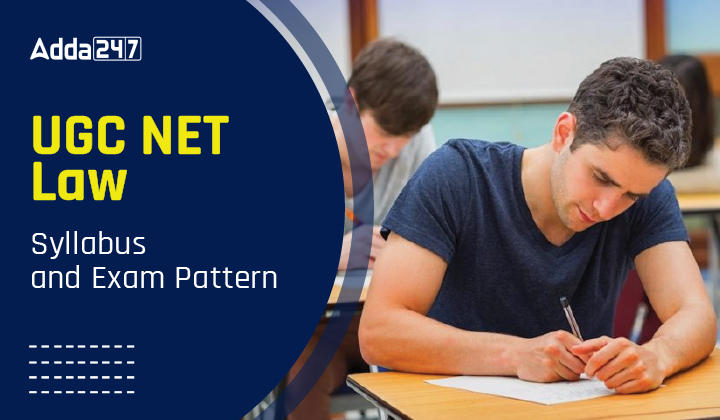
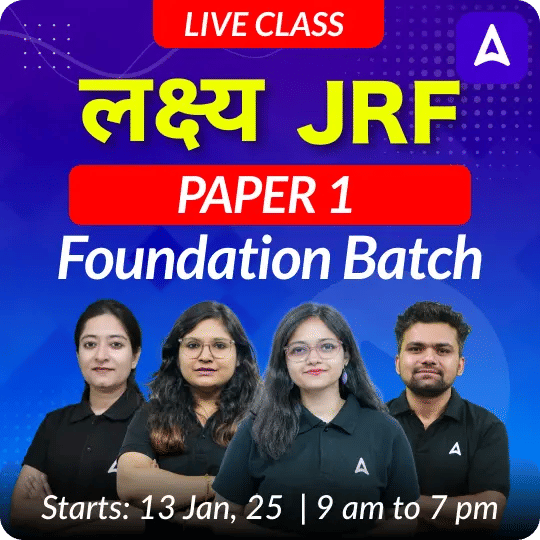


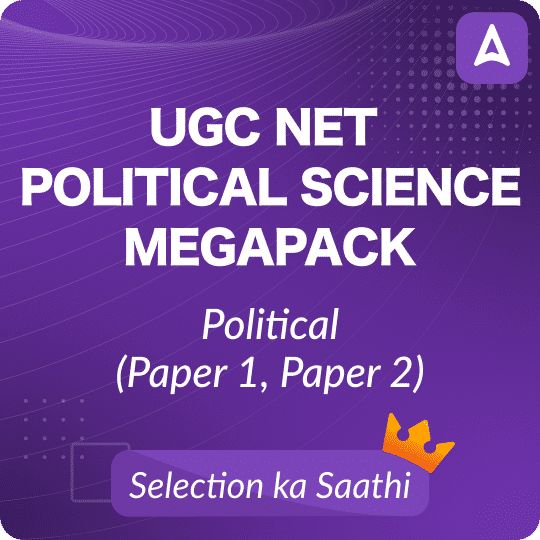
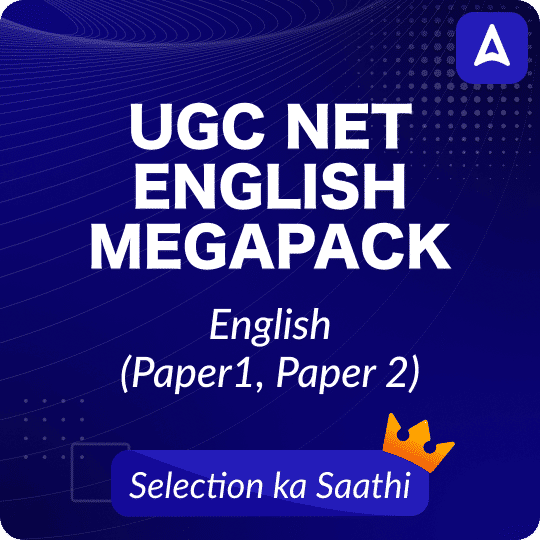
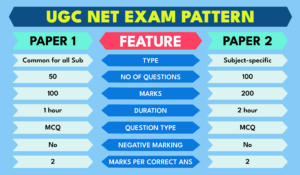 UGC NET Exam Pattern 2025 for Paper 1 an...
UGC NET Exam Pattern 2025 for Paper 1 an...
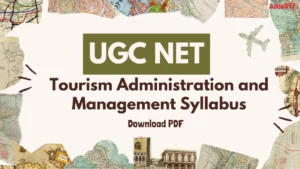 UGC NET Tourism Administration and Manag...
UGC NET Tourism Administration and Manag...
 UGC NET Performing Arts Syllabus 2025 &a...
UGC NET Performing Arts Syllabus 2025 &a...














